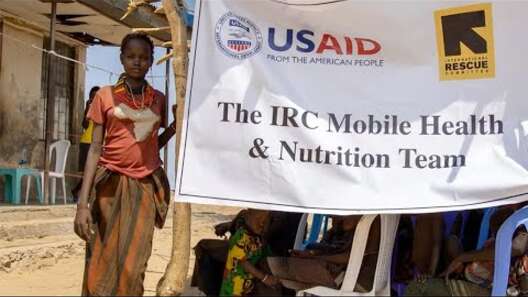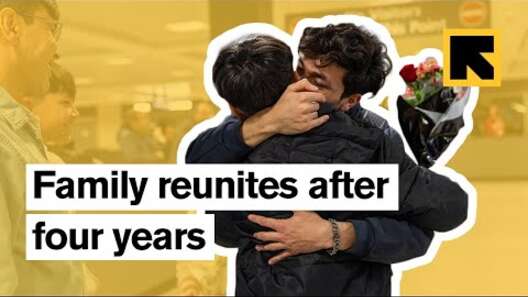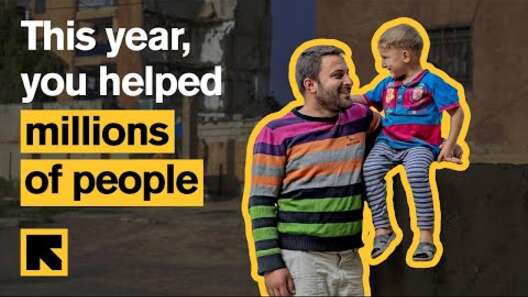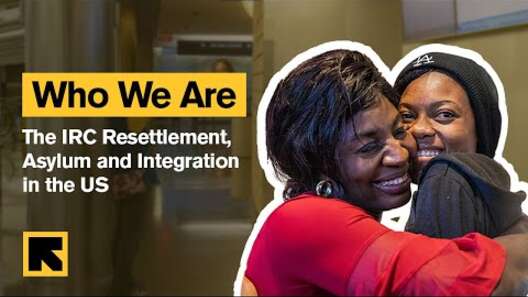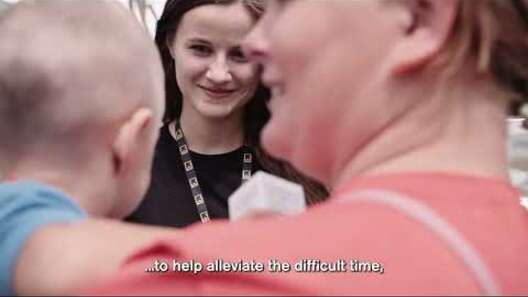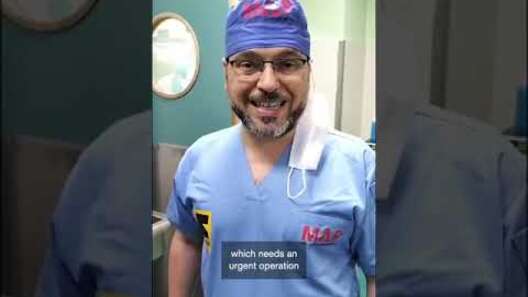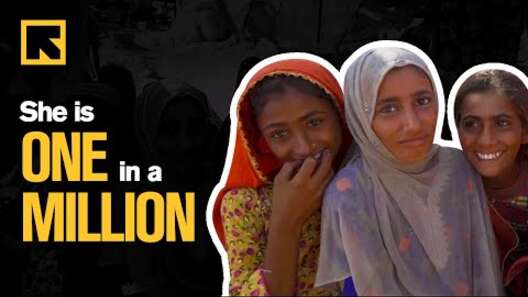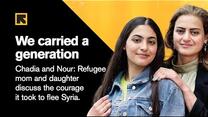In interviews recorded during 2012, six former Secretaries of State speak out on why it is important for the United States to offer support to refugees fleeing war and persecution:
James A. Baker III (served 1989-1992), Dr. Madeleine K. Albright (1997-2001), General Colin L. Powell USA (Ret.) (2001-2005), George Shultz (1982-1989), Dr. Condoleezza Rice (2005-2009), Dr. Henry A. Kissinger (1973-1977)
MADELEINE ALBRIGHT: I think it enriches our country to have refugees here.
COLIN POWELL: And America has always had a history of welcoming, not only immigrants, but refugees.
HENRY KISSINGER: I cannot imagine the United States living in the world in which we are without committing itself in some organized fashion to assist refugees on a global basis. It would be totally incompatible with our values and our image of who we are.
JAMES BAKER: The principles and values are very important because that’s what made this country great. We have always been open to refugees, we have always been open to immigrants. We are, after all, a country of immigrants.
ALBRIGHT: Without an organization like the IRC, I think an awful lot of people would fall through the cracks and would get no care at all.
POWELL: For all these years, it has reached out, touched people, from the most desperate places in the world, brought them to this country. And having brought them here, then made sure they had a place to go. And they had the beginning of a new home, a new life.
GEORGE SHULTZ: And refugees are people, really, fleeing from something or involved in something tragic in their country. And so if you want to have a decent world, you have to worry about them.
POWELL: No organization that I have ever worked with has done as much dealing with this population as the IRC has.
ALBRIGHT: It was an organization that worked so hard to do exactly the kind of things I thought the US Government needed partners for – a non-governmental organization that was there to do the kind of work that distinguished America in so many ways.
CONDOLEEZA RICE: --to see the human toll, the human cost, of conflict mitigated, to speak for and to be advocates for people who would otherwise be voiceless, sometimes even stateless, as sometimes even refugees are.
ALBRIGHT: What I think is so interesting about the IRC these days is that it’s not just a matter of placing people somewhere, but almost being what I would call a full-service organization. In many ways it helps to educate people. It provides health care so that disease doesn’t spread. And it really looks at the whole person so the refugee is not just an object that is kind of moved around like some game piece; but a human being that needs total care.
KISSINGER: It’s the American tradition. So, I feel very strongly that the United States has a responsibility. And I’m an enormous admirer of the IRC for its efforts in that field.
